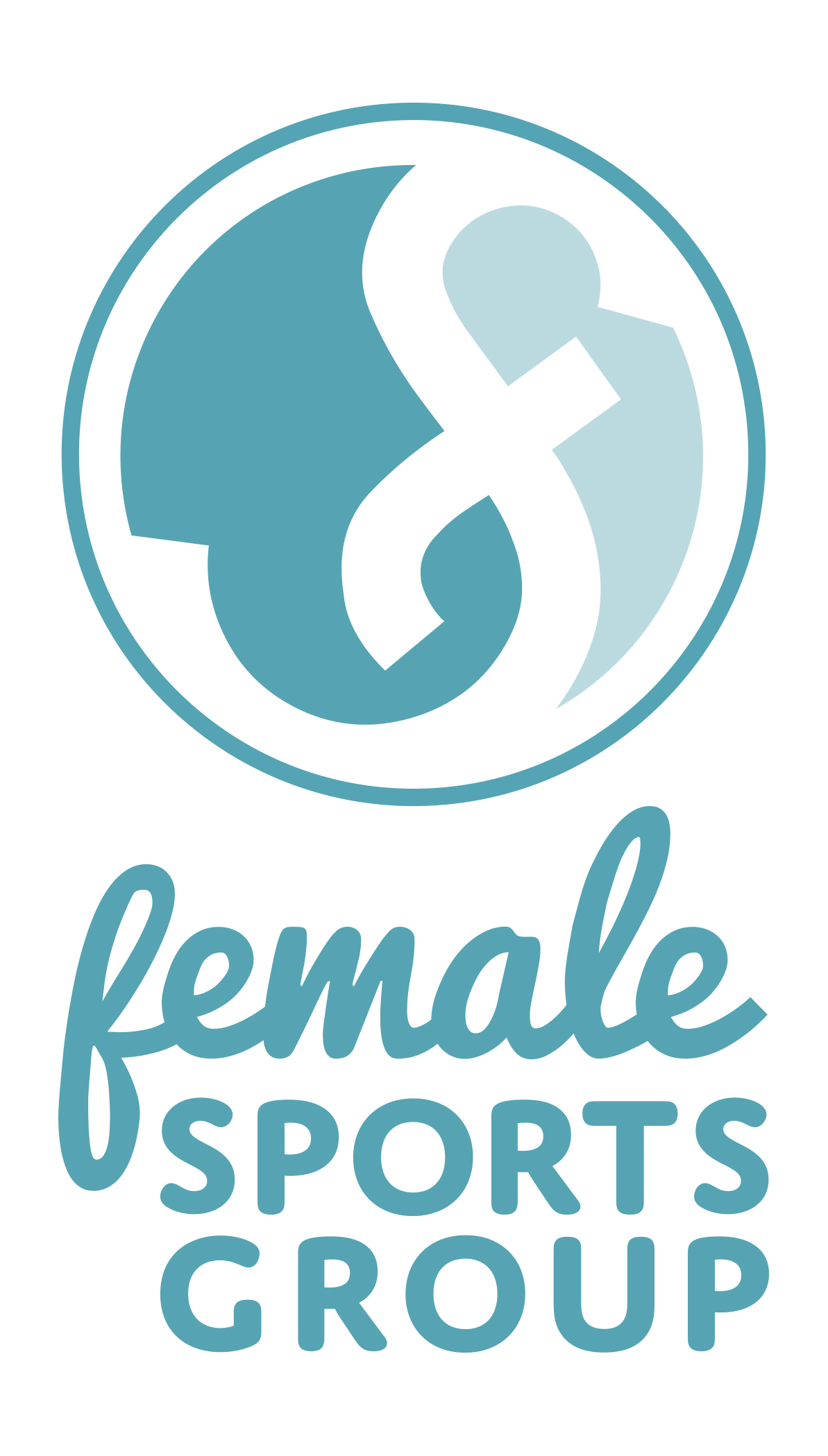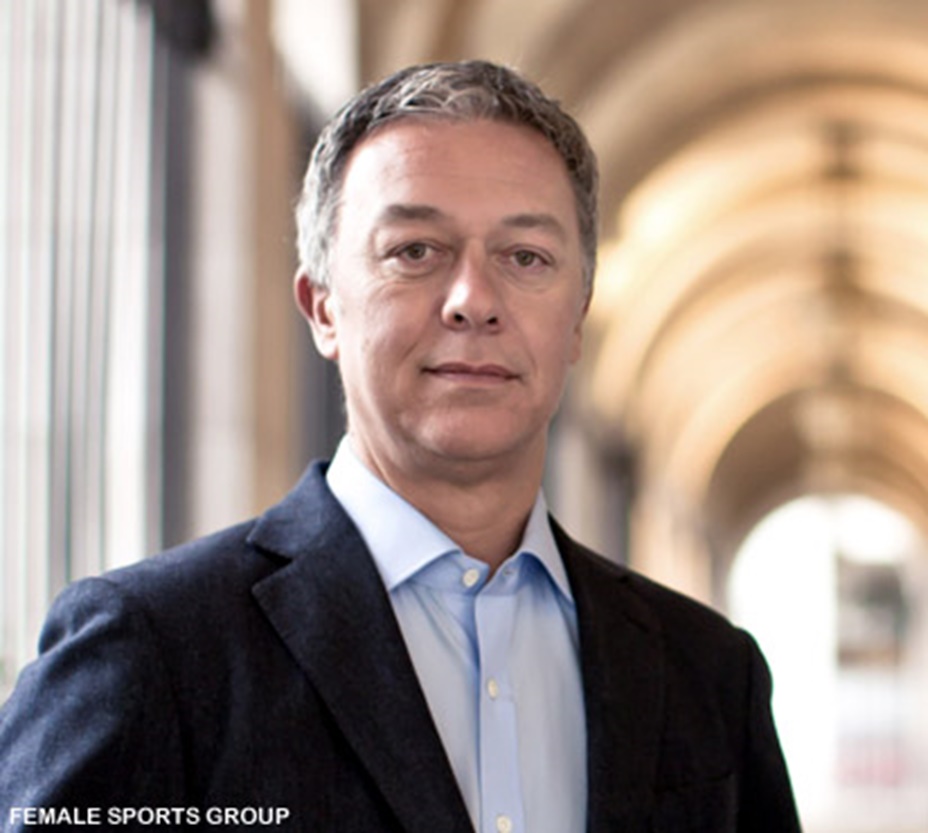Seven million women in the U.K. participate in sports every week, a number that is not reflected in newspaper and TV coverage, according to Female Sports Group Founder & CEO JOHN POSTLETHWAITE. “The more I dug into it, the more I realized that the achievements of women in sport were so heavily outweighing the returns that they were getting both commercially, in the media, in notoriety and in everything else,” Postlethwaite said. This gap in representation and return is what inspired Postlethwaite and co-Founder FRASER HOULDER to launch the U.K.-based Female Sports Group in February. Prior to the new venture, Postlethwaite’s career in sports marketing landed him roles at Imperial Foods, Nabisco Group and Pepsi-Cola, as well as a position as Benetton F1 Team commercial director. After Benetton, he started his own operation, BSI Speedway, which was eventually acquired by IMG. Postlethwaite spoke to SBD Global about the media’s hunger for new content and the "inevitable" growth of female and mixed-gender sports in the U.K.
On starting a female sports consultancy in the U.K. ...
John Postlethwaite: I think it’s quite difficult for our major competitors to follow us into this space, in some respects, because their businesses -- the financial performances of their businesses -- are so entrenched in male sports that they can’t suddenly say that they are going to start focusing on female sport. I think the bravest decision we've made -- the one which has taken us the longest to sort of get our heads around -- is to say, "We will not be doing all-male sports." And that's it. So if somebody calls us up and asks us if we want to go into an all-male sports event, we’re going to say no. We want to get the best talent wherever it’s from, whether it's men or whether it's women. We want to get the right talent from the sports world and we really want to make a difference to female sports.
On why some brands ignore the female sports space ...
Postlethwaite: I think the gap is still there with many respects, in terms of what it delivers for a brand. But I don’t think it requires the levels of investment to make a difference in female sports and to get a good return on your investment that it does in the male environment. One of the reasons, obviously, [brands] plan for male sports is because it’s a known entity. They know what they’re going to get. They know how many hours of TV they’re going to get. They know they’re going to be buying tickets for in-demand, hospitality, promotions and everything else. The female environment is more unknown. But what I’m trying to say to people is, it is inevitable that this space is going to grow. It’s absolutely inevitable. You’ve got three or four football clubs in the U.K. who have just started paying all their ladies fully professional contracts, investing into facilities, investing into coaches, bringing in foreign players from other leagues. So once those trends start, and once you get big names like Chelsea, Liverpool, Manchester City and Arsenal investing into the ladies’ game, it is inevitable. It’s a big business opportunity for those clubs as well. So if they can get two clubs to be very well-supported and keep the ladies team to be even 20 percent of the size of the male’s team, they’re adding a lot of money to their business.
 |
| Source: FSG |
On FSG’s goal to see female sports gain a 3% share in sponsorship revenue by '18 ...
Postlethwaite: I think what we wanted to do is to say we understood that people like yourself would be saying, “So what sort of difference are you going to make? How do you quantify that?” My point is, even if the major brands, all the brands who are sponsoring sport, just dedicate three percent of marketing budget to investing into women’s sport in the U.K., £26 million ($39M) of sponsorship could make a colossal difference in events, the quality of events and the exposure that the ladies are getting, etc. It can be argued it’s a bit of a spurious figure. It may end up being a lot more than that. But I think it’s unlikely to be a lot less than that. I really do think it’s a big opportunity. If you like, it’s Christopher Columbus setting sail and not really knowing what’s out there. How big is big?
On what needs to be done to grow investment in female sports ...
Postlethwaite: You need everybody pulling in the same direction. You need the media, the trade media and the corporate world. The people who are going to make the big difference, initially I think, are going to be the corporates. We’ve been to see several corporates, and it’s interesting to see some really big companies who don’t yet have a strategy for what they’re going to do in female sports. The majority of their products are being bought by females. When you put it like that, people are sitting across the desk from me going, “Yeah, you’re right. Maybe this is an area we should be looking at.” But the drive needs to come from the top. It needs to come from the CEOs. The forward-thinking brands -- the brands who take a leap of faith to invest -- are the brands who are going to get the quickest rewards, because they are going to be there when the sports are seeing the most rapid periods of growth. My advice to the brands is, take a long-term position in women’s sport and you will be rewarded. The media is very hungry for new events. It’s very hungry for successful female events and those times will come.
Hangin' With runs each Friday in SBD Global.





